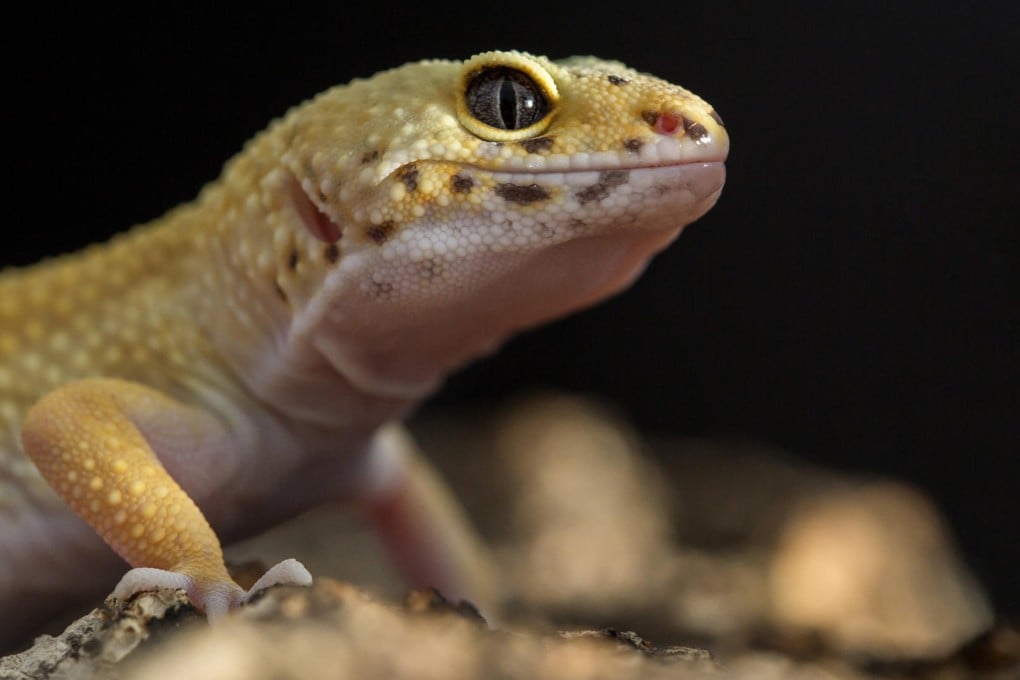Buying a pet reptile? Here's what you need to know
Felix Paige

"Don't purchase a reptile without preparation, or as a gift without warning the recipient. Reptiles can be a lot of work to care for and have a lot of husbandry requirements when compared to a dog, cat or rabbit."
For example, every type of reptile requires specific equipment and care, so it is important to know about these before making a decision. Cost is another factor due to the necessary equipment. "Always try to buy the best housing and husbandry tools you can afford first, and then figure out what animals fit within your budget. Too often the opposite happens, and the animal suffers," David says.
He says it is best to purchase a captive-bred reptile. "Reptiles bred in captivity have an increased chance of being calm right away, and it also reduces possible health concerns, which can accompany wild-collected animals, as well as the ecological risk to wild animals."
When it comes to which reptile to choose, David says excellent household pets for beginners include leopard geckos, bearded dragons, Argentine black-and-white or red tegus lizards, and corn snakes. On the other hand, frogs, arboreal geckos, African rock pythons and Nile monitors generally do not adapt well to handling. Some may be defensive when they're young, which can lead to occasional nips, but with calm, confident handling they will outgrow this, according to the vet.

Owners need to be careful of bites, as snakes, lizards and even turtles are predators and therefore can bite as either a feeding response or a defensive strike. To avoid this, especially with snakes, David says that before you pick the pet up, respectfully and confidently let it know that there is no food involved. "This can generally be done by using an inanimate object to gently touch the snake's nose, or by simply removing the animal from the enclosure with a small hook."